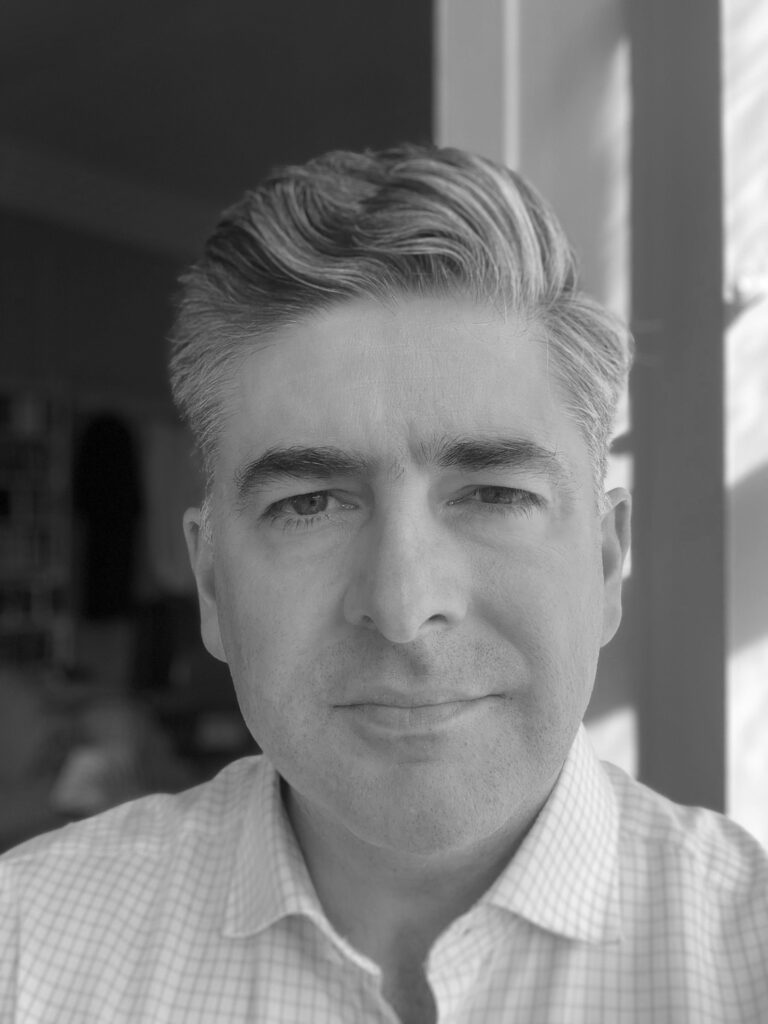Simon Oliver

Simon Oliver first studied Philosophy, Politics and Economics at the University of Oxford. After a year working at a mission school in Zaire (now the Democratic Republic of the Congo) and a further year working in the property sector in Yorkshire, he moved to the University of Cambridge to study Theology. He was ordained to the diaconate in the Church of England in 1998 and to the priesthood in 1999. In 2000-2001 he was acting Dean of Jesus College, Cambridge and Director of Studies in Theology. From 2001 to 2004 he was Chaplain of Hertford College, Oxford. During this time in Oxford, he was also honorary Chaplain to Helen House and Douglas House, hospices for children and young adults with life-limiting illness. This led to a particular interest in theological anthropology and the theology of disability, topics which he now includes in undergraduate teaching. He was Senior Lecturer at the University of Wales, Lampeter from 2004 and moved to the University of Nottingham in 2009, becoming Head of Department in 2013. In September 2015, he moved to Durham University in northeast England to take up the post of Van Mildert Professor of Divinity. This is one of the foundation Chairs of the university and is combined with a residentiary Canonry at Durham Cathedral, the eleventh century shrine of St. Cuthbert and the Venerable Bede, and a Benedictine monastery prior to the Reformation.
Oliver’s work is focussed on Christian theology and metaphysics, particularly the doctrine of creation. His first book, Philosophy, God and Motion (Routledge, 2005 & 2013), is an examination of the concept of motion in natural philosophy and theology from Plato (c. 429-347 BC) to Isaac Newton (1643-1727). For ancient Greek philosophers such as Plato and medieval theologians such as Thomas Aquinas (c.1225-1274), motion is a category that refers to any kind of change — a body moving, a tree growing, or a child learning. The universe is saturated in motion and contemplating its orderly movements is central to the task of cosmology. So how is a universe saturated in motion related to God whom the orthodox Christian tradition understands as eternal and beyond change? Does motion represent a boundary between God and creation that must be overcome, or the means of creation’s perfection and participation in the divine life? Oliver’s research has been particularly concerned with teleology or purpose within creation. Whilst modern science typically rejects purpose or goals as properly explanatory, theology finds agency and final causes indispensable to any reflection on the value and purpose of creation. This topic was the focus of his Stanton Lectures delivered at the University of Cambridge in 2017. More recently, he has been particularly concerned with the concept of ‘life’ — the nature, meaning and purpose of biological life in relation to the divine life — and the insights that can be gained from theology and the philosophical tradition known as phenomenology.